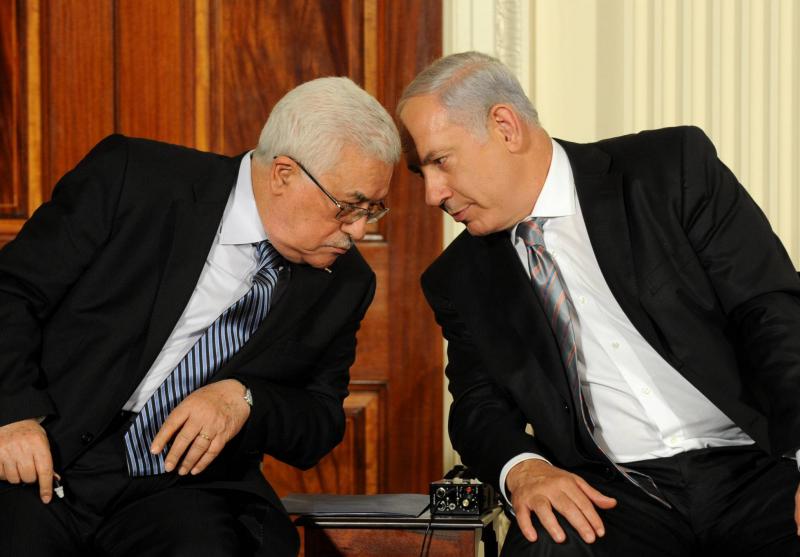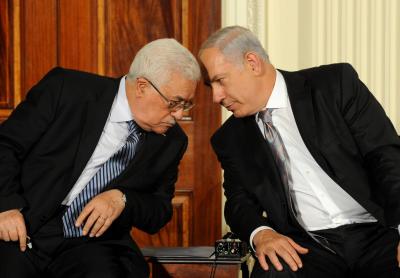As the conflict in Gaza approaches the three-month mark, Israelis, Palestinians, Americans, and others have begun to speak more openly about what may follow the end of the war. None of the plans being discussed will satisfy the desires of all parties, but they will offer a framework for any potential negotiations.
Israel claims that the Palestinian Islamic Resistance Movement (Hamas) killed 1,200 people and took 240 hostages during its incursion across the border from Gaza on October 7. Palestinian health officials state that over 22,000 Palestinians have been killed since Israel launched a counterattack on the Hamas-controlled Gaza Strip.
Israeli Defense Minister Yoav Gallant became the latest participant in the conflict to outline what he termed a "post-war plan." The plan envisions a Palestinian governance without Hamas, the restoration of reconstruction tasks, a prominent role for Egypt, and the Israeli army's freedom to carry out operations as needed to ensure that Gaza does not pose any security threat afterward.
Gallant stated, "Hamas will not govern Gaza, and Israel will not govern Gaza's civilians. The people of Gaza are Palestinians, so Palestinian bodies will assume responsibility, provided that there are no hostilities or threats to the State of Israel."
Israeli Prime Minister Benjamin Netanyahu rejected the idea of the Palestinian Authority, which has limited governance in the occupied West Bank, playing a role in Gaza. Gallant provided few details about what Palestinian governance might look like. He said, "The body that will control the territories will utilize the existing administrative capabilities (civil societies) in Gaza, which are non-hostile local entities."
Gallant noted that fighting would continue until the 132 hostages remaining are freed, Israel eliminates Hamas's military and governance capabilities, and military threats from Gaza are neutralized.
**United States**
U.S. Secretary of State Antony Blinken will hold further discussions on how Gaza will be managed if Israel achieves its objective of eliminating Hamas. Blinken began a new diplomatic tour in the Middle East on Friday. Hamas has governed the Gaza Strip since 2007.
Matthew Miller, spokesperson for the U.S. State Department, stated, "What we have made clear is that we want to see, in the long term, the reunification of the West Bank and Gaza under Palestinian-led governance, and that is what we are working towards." He added, "We recognize that, of course, there will be a need for a transitional period, but that is the vision you will see the Secretary making progress on during this trip over the next week."
**Egypt**
Egypt, Israel's neighbor and partner in the 1979 peace treaty, has played a mediating role in negotiations between Israel and Hamas for years. Two Egyptian security sources indicated last month that Hamas and its allied Islamic Jihad Movement rejected Cairo's proposal for them to relinquish power to establish a permanent ceasefire. The sources mentioned that Egypt proposed conducting elections and offered guarantees to Hamas against the prosecution of its members, but the movement refused to make any concessions except for the release of hostages.
In response to the Egyptian proposal, a Hamas official told Reuters that Gaza's future could only be determined by Palestinians themselves, making any concession of power under Israeli threat unacceptable. Ismail Haniyeh, head of Hamas's political bureau, stated in a televised speech last month, "Any arrangement in Gaza or regarding the Palestinian cause without Hamas or the resistance factions is an illusion and mirage."
Hamas indicated it would welcome a national unity government with Fatah and other Palestinian factions; however, its leaders recently rejected this as a condition for a ceasefire and certainly not as a prerequisite imposed by Israel and the United States.
**Palestinian Authority**
Palestinian President Mahmoud Abbas called for an immediate cessation of the war in the Gaza Strip and the convening of an international peace conference to reach a permanent political solution leading to the establishment of a Palestinian state in Gaza, the West Bank, and East Jerusalem. Abbas reaffirmed in a Reuters interview on December 8 his steadfast position favoring negotiations over armed resistance to end the prolonged occupation.
A senior American official mentioned discussing the idea of holding an international conference among various partners, but the proposal is still in a very preliminary stage. Abbas noted that based on a binding international agreement, he would work to revive the weakened Palestinian Authority, implement long-awaited reforms, and conduct presidential and parliamentary elections that were suspended after Hamas won in 2006 and the Palestinian Authority was subsequently ousted from Gaza.
Abbas did not present a concrete vision for a post-war plan that had been discussed with American officials, under which the Palestinian Authority would take control of the strip. Netanyahu asserted that Israel would not accept the Palestinian Authority governing Gaza in its current form.




